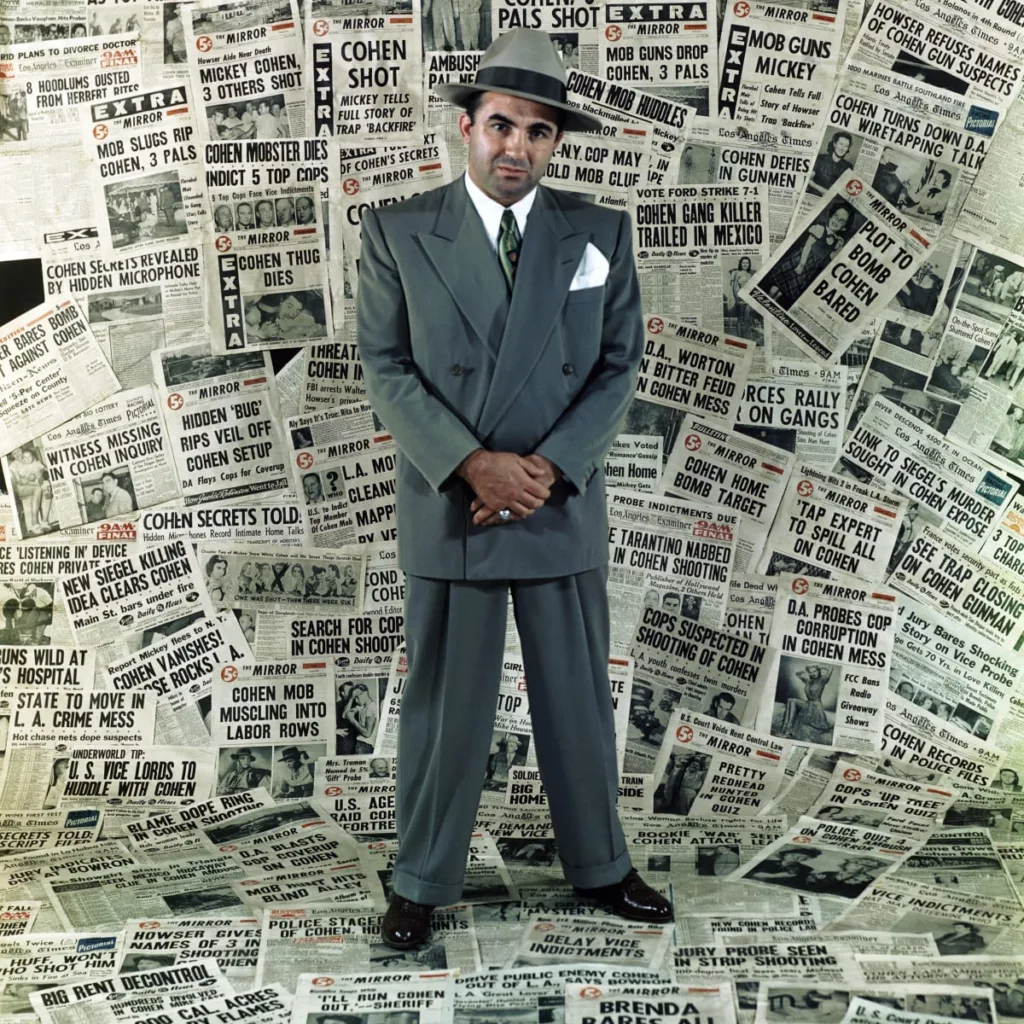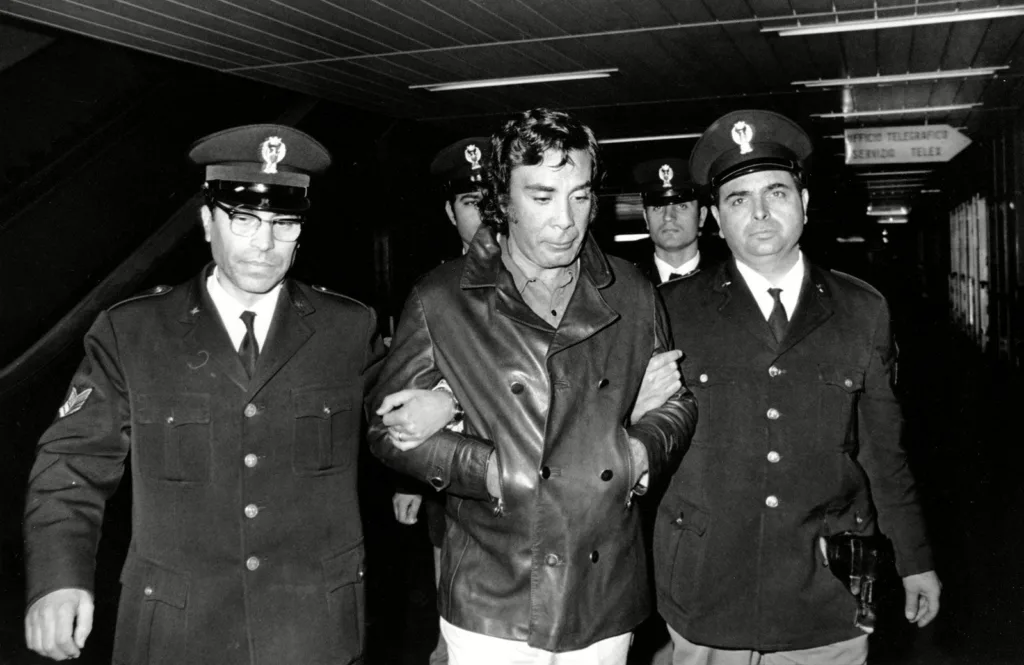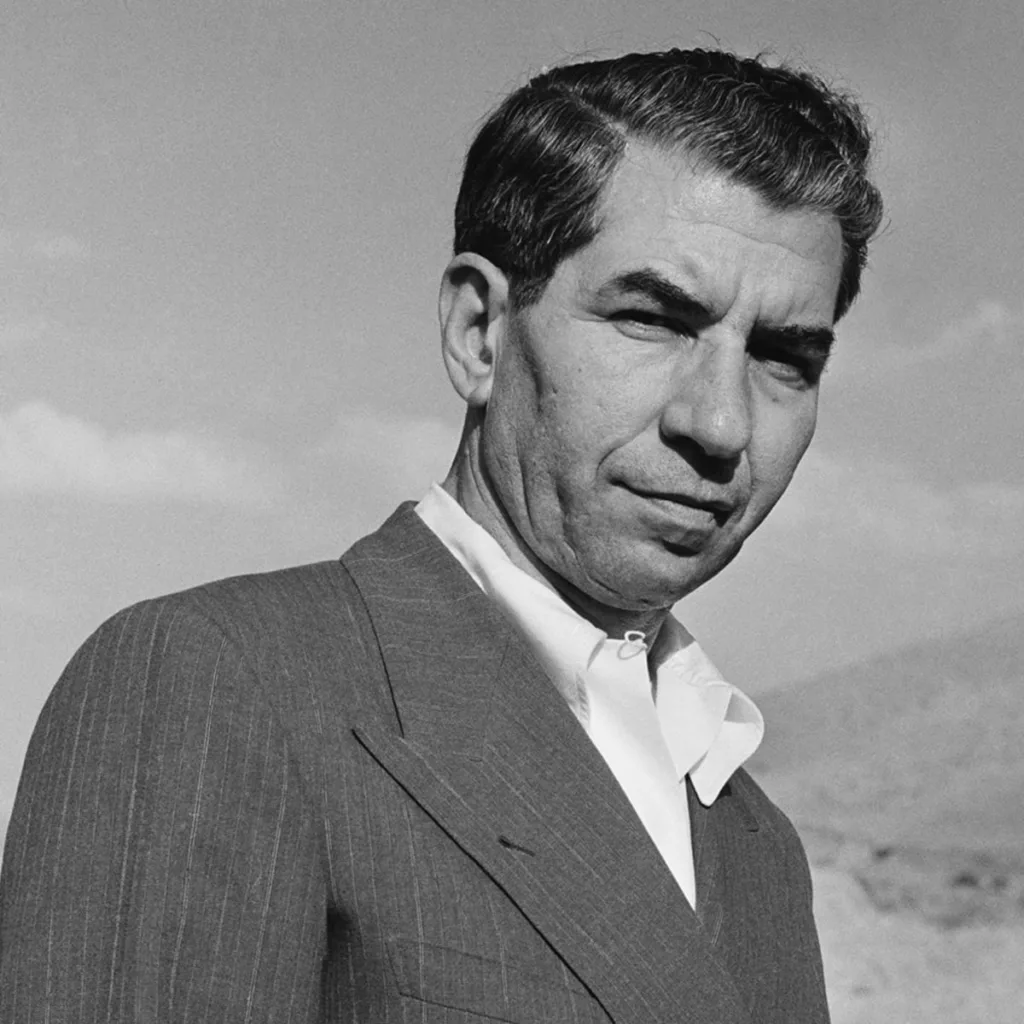A capo, or caporegime, is an important figure in any mafia family. Capos are responsible for overseeing the day-to-day operations of the family, reporting to the boss and managing any disputes that arise between members. In addition to this, they are also responsible for recruiting new members and maintaining order within the organization.
Capos are highly respected within a mafia family for their knowledge and expertise. They often have a great deal of influence over the decisions that are made within the organization. As such, they must keep up with all the latest developments in criminal activities and make sure that their underlings are informed of any changes in policy or procedure.
Depending on the size of a mafia family, there may be several capos who serve different roles within it. For example, one capo may be in charge of collecting money from businesses wile another might be responsible for setting up drug deals or illegal gambling operations.
Capos also play an important role when it comes to carrying out punishments against members who break the rules or disobey orders from higher ups. Not only do they have to enforce these punishments, but they must also ensure that those being punished understand why they are being punished and accept it as part of their duty to serve the family’s interests.
Being a capo is not easy work, especially since it carries with it a certain amount of risk. Capos can be targeted by other criminal organizations or become targets for law enforcement if their activities become too visible or attract too much attention. As such, discretion is key when it comes to operating as a successful capo within a mafia family.
Ranking System of the Mafia
The Mafia has a hierarchical structure that is essential for the organization to function. The highest rank is that of the Boss, who is the leader of the family and has a share of all profits as well as making all decisions. Following the Boss is the Underboss, who is second-in-command and ‘heir’ to the throne. The third-in-command is the Consigliere, who povides advice and assistance to the Boss.
Below this are Capos, who are in charge of specific territories and oversee smaller crews. Soldiers are next in line and act as enforcers for their assigned Capos. Finally, there are Associates, who perform illegal activities on behalf of the family but have no specific rank or authority within it.

The Hierarchy of the Mafia and the Role of a Capo
A capo is relatively high up in the Mafia hierarchy. Capos are responsible for managing and supervising a crew of around 10-20 soldiers, and a greater number of associates. In addition to managing ther own crew, a capo will report directly to the administration of the Mafia organization, which typically consists of a boss and underboss. Capos often have authority over the members of their crews, as well as limited authority over other non-affiliated criminal operations and activities. They are also consulted when major decisions need to be made within the organization. As such, they play an important role in the day-to-day operations of the Mob and are one of the most influential figures within it.
The Highest Rank in Mafia
The highest rank in the Mafia is the Boss, also knwn as the Capomandamento, Capocrimine, Rappresentante, Don, or Godfather. This individual is the leader of a crime family and has ultimate authority over all decisions made within their organization. The Boss is usually assisted by an Underboss, also known as the “Capo Bastone”, who serves as their second-in-command and helps to manage day-to-day operations. The Underboss may even take control of the organization in times of crisis if the Boss is incapacitated or absent. Both of these figures serve as a link between the criminal underworld and its members on one side and legitimate businesses and citizens on the other.
The Role of a Female Mafia Member
A female Mafia member is typically referred to as a mobster or gangster. These terms are gender-neutral and refer to any person who is affiliated with organized crime. However, the term “moll” can also be used to refer specifically to a woman who is the companion or conspirator of a gangster. The word comes from the Dutch word “maele,” which means “young girl” or “woman.”
The Ongoing Power of the Mafia
Yes, mafias are still powerful in many areas of the United States and around the world. In the United States, the Mafia is particularly influential in metropolitan areas like Chicago, Kansas City, Detroit, Milwaukee, Cleveland, St. Louis, Florida, Las Vegas and Los Angeles. In each of these cities, the Mafia has a powerful presence that involves engaging in various criminal activities such as extortion, money laundering and drug trafficking. The Mafia also maintains strong ties with other organized crime networks both domestically and internationally. These connections allow them to remain an influential force in many parts of the world.

The Role of a Capo in the Mafia
Yes, a capo is a made man. A capo is the highest ranking member of a crime family and leads a crew of soldiers. The capo is similar to a military captain, in that they command respect from the other members of the family and are expected to set an example for them. The soldiers, or “made men”, are the lowest ranking members of the organization but still hold a certain level of power and status within it.
John Gotti’s Capos
John Gotti’s capos were John “Jackie Nose” D’Amico and Nicholas “Little Nick” Corozzo. Both men were experienced Mafia members who served as Gotti’s primary enforcers and confidants during his reign as the head of the Gambino crime family. D’Amico was a close associate of Gotti, while Corozzo had been a loyal soldier since the early days of Gotti’s ascent to power. While in prison, Gotti entrusted D’Amico to handle day-to-day operations of the family, while Corozzo was chosen to take over as acting boss before he himself was sentenced to eight years in prison on racketeering charges.
Tony Soprano’s Rank in the Mafia
Tony Soprano was a capo, or captain, in the Soprano crime family. A capo is responsible for managing their crew and ensuring that the orders of their superiors are followed. Tony was 27 years old when he was promoted to this position, which is relatively young for a capo. His transition into the role was aided by his loyal friends and soldiers Peter Paul “Paulie Walnuts” Gualtieri and Silvio Dante, both of whom had known him since childhood.
Was Lucky Luciano a Capo?
Yes, Lucky Luciano was a capo (also known as a caporegime, or captain). Luciano was an influential New York gangster in the early 20th century who rose to become the “boss of all bosses” due to his adept networking and strong leadership skills. He had a strong influence over other crime families in the US and abroad, and he is credited with creating the National Crime Syndicate or cartel in 1934. Luciano never officially accepted nor claimed the title of “capo di tutti capi” but his status was widely recognized by gangs throughout the country.

The Biggest Female Gangster
Griselda Blanco, also known as “La Madrina” or the “Godmother of Cocaine,” is widely considered to be the biggest female gangster in history. Born in 1943 in Cartagena, Colombia, Blanco was involved in organized crime from an early age and had reportedly begun her criminal career as a pickpocket by the time she was 11 years old. By the time she reached her 20s, Blanco had become one of the most notorious drug traffickers in Colombia and eventually made her way to Miami, Florida where she established a powerful drug empire.
Blanco was infamous for her violent tactics and ruthless approach to business; she was believed to be behind hundreds of murders ranging from thoe of rival drug dealers to innocent bystanders caught in the crossfire. In addition to her notorious reputation as a violent mob boss, Blanco also gained notoriety for her flamboyant lifestyle. She wore lavish jewelry, drove expensive cars and maintained a luxurious home with extravagant furnishings.
In 2012, Blanco was shot and killed outside a butcher shop in Medellin, Colombia where police believe she had been meeting with associates. While some would argue that there have been other female mobsters who have been similarly successful as Blanco, there is no doubt that she stands out as one of the most significant figures in organized crime history.
Current Leaders of the Five Families
The five families are the five major organized crime families that have long dominated organized crime activities in the United States. They are the Gambino, Lucchese, Genovese, Bonanno, and Colombo families. Today, these five crime families are still active, operating in various cities across the US.
The current bosses of each family include Victor Amuso of the Lucchese family, Domenico Cefalu of the Genovese family, Joseph Cammarano Jr. of the Bonanno family, Carmine Persico Jr. of the Colombo family and Francesco Cali of the Gambino family. The acting boss for the Lucchese family is Michael “Big Mike” DeSantis.
These bosses oversee all operations within their respective families, making sure that all activities remain legal and profitable. Each boss is supported by a capo regime—or a group of capos—who serve as intermediaries beteen them and lower-ranking members. These capos help to ensure that orders from higher up are carried out efficiently and effectively.
Conclusion
In conclusion, the capo is an important component of the organized crime syndicate. They are appointed heads of crews and serve as middle managers in the Mafia, working under the Boss and Underboss. They delegate tasks to their crew and manage the activities of their associates. Capos are also responsible for collecting money from their subordinates as well as ensuring that orders from higher up are carried out. In many cases, a capo may even act as a mediator between two warring factions in order to prevent furthr bloodshed. Capos play a crucial role in keeping the Mafia running smoothly and efficiently, which is why they are highly respected within the organization.
